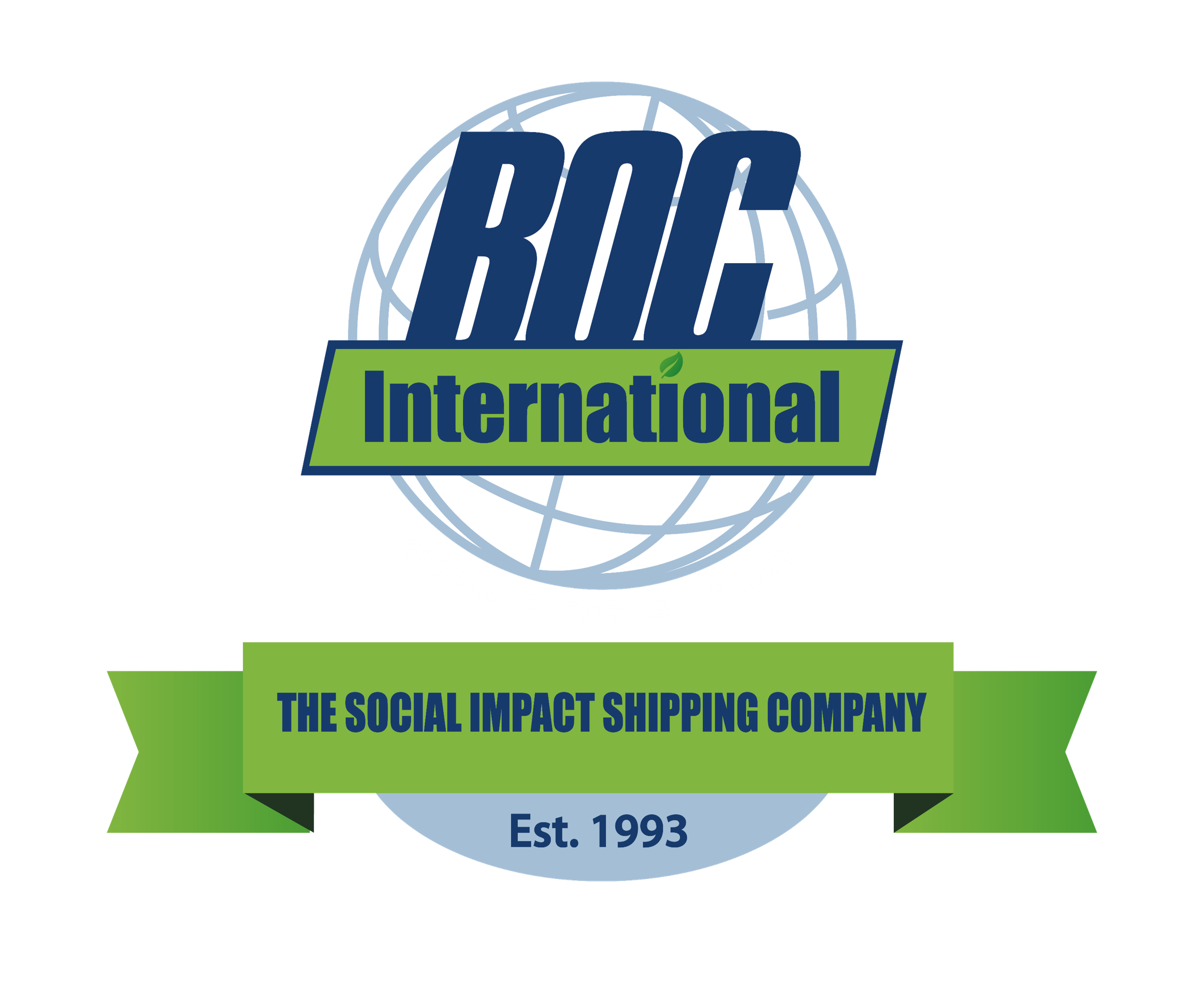
ILWU in Western Canada on Strike; Said to Resume Talks Monday
West Coast port workers in Canada officially begin strike
EXCERPTED FROM CNBC.COM, PUBLISHED SAT, JUL 1 20234:39 PM EDT, BY ALEX HARRING/LORI ANN LAROCCO
KEY POINTS
- A union representing port workers in Western Canada officially began striking, an action that could have ripple effects reaching beyond the U.S.’s northern neighbor.
- More than 99% of members of the union, who support West Coast ports such as Vancouver and Prince Rupert, voted to approve the strike last month.
- Notice of the strike came Wednesday.
A union representing port workers in Western Canada officially began striking, an action that could have ripple effects reaching beyond the U.S.’s northern neighbor.
The International Longshore & Warehouse Union Canada’s Longshore Division announced its labor strike began in a Saturday Facebook post signed by union president Rob Ashton. More than 99% of members of the union, who support West Coast ports such as Vancouver and Prince Rupert, voted to approve the strike last month. Notice of the strike came Wednesday.
“The ILWU Canada Longshore Division has not taken this decision lightly, but for the future of our workforce we had to take this step,” Ashton said in the post. “We are still hopeful a settlement will be reached through FREE Collective Bargaining!”
The two parties are at odds over issues including automation, the use of contract work and the cost of living for workers. Two mediators appointed by the Canadian government oversaw discussions that ran through the end of May. Those discussions were followed by a so-called cooling-off period between the two groups.
A strike in the western ports occurring around holidays in both the U.S. and Canada could result in impacts on the American economy, industry followers say. The Port of Vancouver and Port of Prince Rupert are popular destinations for U.S. trade because these ports are among the major ports of call for goods arriving from Asia. Some logistics managers have told CNBC that rail service out of those ports is a lot faster than going through the port of Seattle or Tacoma.
The strike could lead to congestion in these ports with longshoremen unable to unload vessels. Congestion can turn into backlogs and lead to delayed pickups from terminals, which can then lead to late fees that are often passed on to consumers — a situation similar to what occurred during the pandemic.
Western Canada dock workers to resume talks Monday as strike enters third day
Excerpted from Reuters.com, by Chris Helgren, July 2, 202310:43 PM EDT
DELTA, British Columbia, July 2 (Reuters) – Dock workers at Canada’s western Pacific coast will resume talks on Monday to try and end their first strike in three decades, as a union leader urged on Sunday the federal government to stay out of the negotiations.
Some 7,500 dock workers representing the International Longshore and Warehouse Union (ILWU) went on strike Saturday after negotiations with the British Columbia Maritime Employers Association (BCMEA) failed to reach a settlement.
The strike threatens to disrupt work at two of Canada’s busiest ports, the Port of Vancouver and Port of Prince Rupert, the country’s No. 1 and No. 3 by turnover. They are the key gateways to export the country’s natural resources and commodities and bringing in raw materials.
More than C$800 million ($604 million) worth of goods make their way through the western ports each day, accounting for about a quarter of Canada’s total traded goods flow.
“The federal government must stay out of our business,” Rob Ashton, president of ILWU Canada, told reporters on Sunday. “If the BCMEA gets their way, and their way is to let the (federal) government make the collective agreement for them, there will never be labor peace on the waterfront,” he added.
After 33 consecutive hours of negotiations, the talks between the two parties “temporarily” paused on Sunday evening, and the talks would resume on Monday, the union said in a statement.
The walkout could have serious consequences for Canada’s economy and small businesses, the Canadian Federation of Independent Business said on Saturday. A prolonged strike would further fuel price pressures, just as the Bank of Canada has resumed its interest rate hike campaign to bring inflation back to its 2% range.
The union is seeking a deal to protect workers jobs and recognition for the sacrifices the staff made during the pandemic. Their main demands also include stopping outsourcing of work and to limit the impact of port automation on current and future generations of workers.

